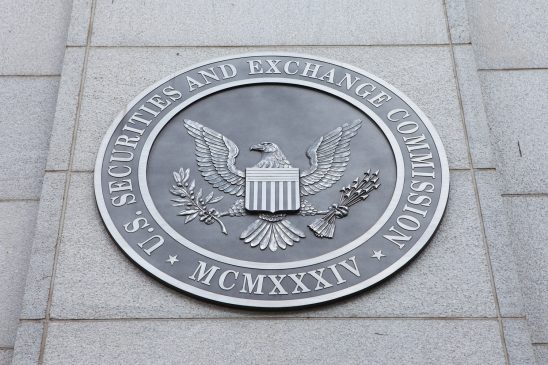The U.S. Securities Exchange Commission charged Jonathan Lucas, 27, the CEO of online adult entertainment marketplace, with running a fraudulent initial coin offering (ICO) scheme.
According to the SEC’s lawsuit, the company claimed that investors could purchase its token and use them to request certain actions in a live adult performance on the platform.
“Fantasy Market is a role-playing performance marketplace for live, client-controlled digital performances,” according to the company’s LinkedIn profile. “Through the use of our tokens, you control what the performers say and do during the show.”
All the team members in the company are fictional except for Lucas, according to the complaint, which listed many false statements made by the company in promoting its ICO.
The ICO took place from Sept. 3 – Oct. 16, 2017, aiming to raise $25 million, with 125 million FMTs for sale and pricing each token at 20 cents, according to the token’s white paper.
In the six-week period, Fantasy Market raised about $63,000 in cryptocurrency from more than 100 investors in its fraudulent offer and sale of unregistered digital securities — CEO Lucas actually claimed to the press he had raised $2 million towards the $25 million goal.
The SEC said Lucas promoted the sale of FMTs by misleading prospective investors.
He told the investors there had been a private pre-sale for accredited investors whereas it never happened. Lucas also said the token would be listed on major exchanges and the company had verified that its investors were accredited; neither of the claims are true.
The company made a further false statement when it affirmed all of its transactions are secured because users could only purchase the token with bitcoin or litecoin on ERC-20 blockchain, which was not the case.
In fact, according to the SEC’s charges, no token was every issued and his ethereum application never existed. The money raised went to marketing rather than building the product.
The SEC filing was accompanied by a consent judgment, meaning that the defendant accepted the ruling against him.
SEC image via Shutterstock




